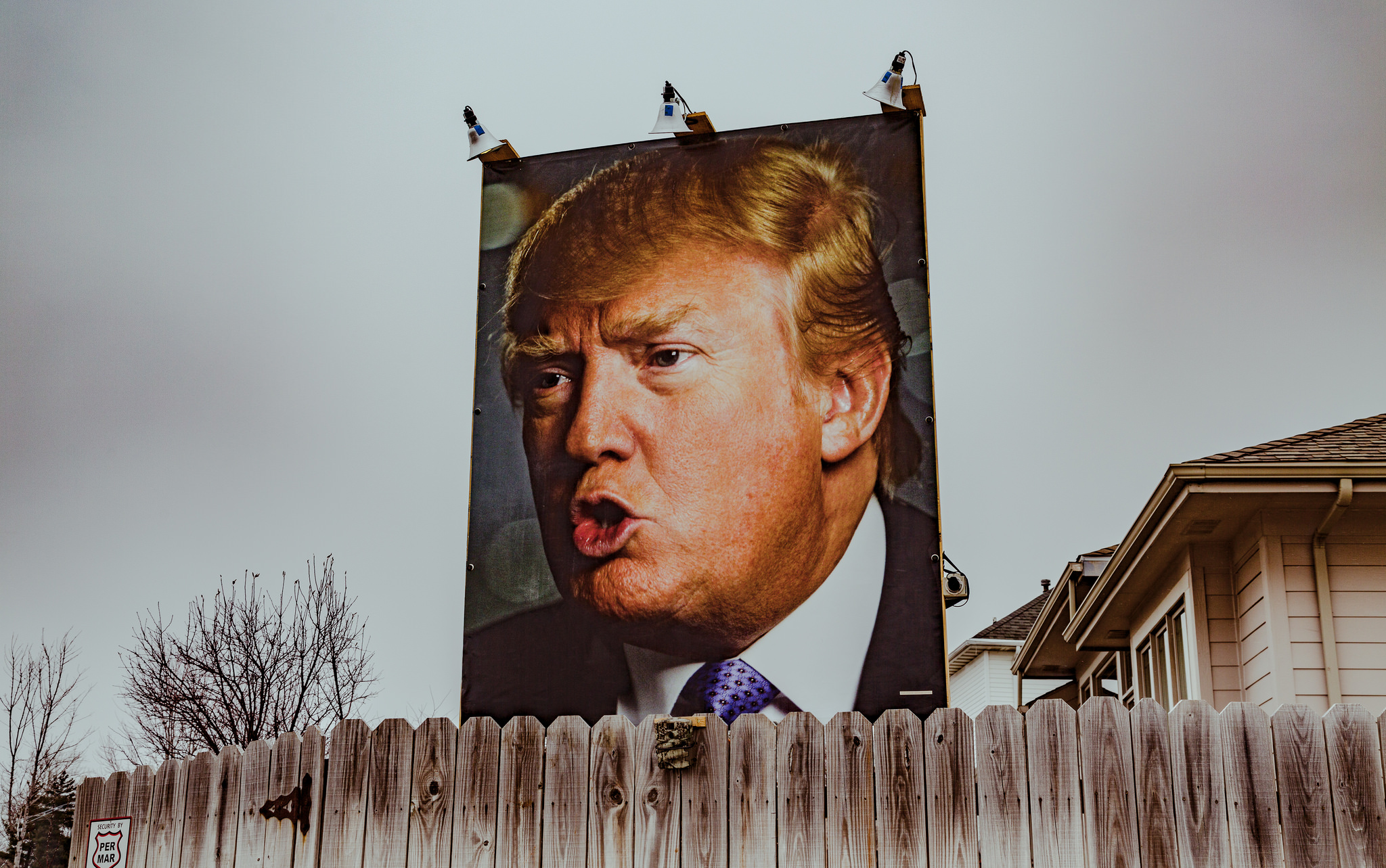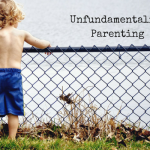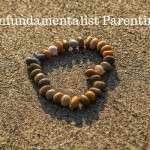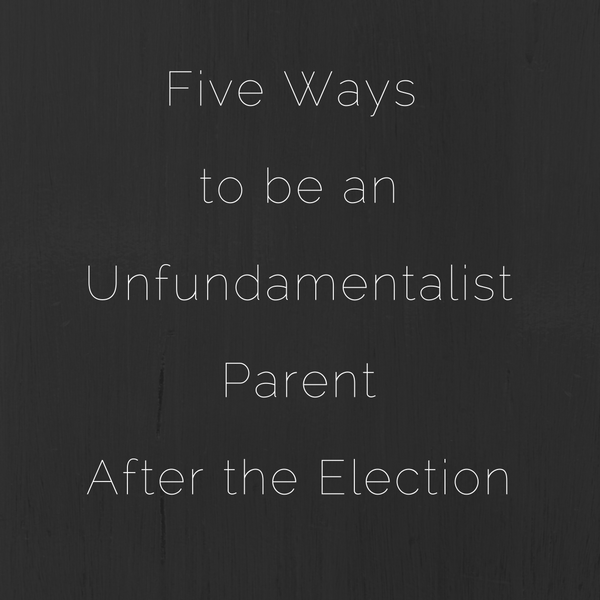
The 45th president of America: a man who revels in selfishness, whines when he does not get his way, throws public fits when people anger him, tosses personal insults left and right, and boasts about his genitals. For these reasons and many others, some people have taken to describing him as “childish,” “like a toddler,” or “like a child.” A quick Google search reveals a plethora of articles along these lines: “Donald Trump Is a 2-Year-Old. It’s Time for the Press to Treat Him Like One,” declares Politico. “Trump acts like a child, damages Republican brand,” says The Hill. “You Act Like a 5-Year-Old,” Anderson Cooper states to Trump.
This phenomenon is not unique to Donald Trump or the current election. Throughout our culture, it is considered appropriate and harmless to describe those we do not like or those who act in negative ways as “like children.” Consider, in contrast, how our culture in general considers it inappropriate and harmful to describe those we do not like or those who act in negative ways as “like ______” (fill in the blank with other marginalized groups, like women, people of color, LGBTQ people, the developmentally disabled, etc.). Imagine the furor that would arise if a mainstream media source described one of Trump’s emotional outbursts as “acting like a woman.” Such a description would rightly be condemned as stereotyped and sexist.
But for some reason this courtesy is not extended to children. Even the most progressive or unfundamentalist communities, which normally stand up for marginalized groups and reject otherizing language regarding them, seem to be unfazed when language about children is used in derogatory fashion. While using “woman” or “black” or “gay” as an insult in such communities would be condemned as stereotyped and sexist, racist, or, homophobic, using “child” or “childish” as an insult is not condemned as stereotyped and childist.
This is unfortunate, because children deserve better. Children are better than the stereotypes we reduce them to in order to insult others. Take the example of Donald Trump: Comparing Donald Trump to children is unfair to children. I know many children who are more kind, respectful, and thoughtful than Trump.
Additionally, when children act in negative ways that mirror Trump, such as throwing tantrums, they have legitimate excuses: they are still developing emotionally, physically, and psychologically. They are children, which means they are still learning to regulate their emotions. They are still learning right from wrong. They are still adjusting to social mores and standards of communication. As John Hopkins Medicine points out, tantrums are a normal part of children’s developmental processes: “Temper tantrums are a way a young child lets out strong emotions before he or she is able to express them in socially acceptable ways. Although a child may seem totally out of control, these fits of rage, stomping, screaming, and throwing himself or herself to the floor are a normal part of childhood development.”
In fact, as a side note, I would argue that, when Jesus was a toddler, even he threw tantrums. I think most people, when they picture Jesus as a sinless child, are actually picturing Jesus as a child with perfect self-regulation. But a lack of self-regulation is not sin. Every child is born with a lack of self-regulation. Every child is born with a prefrontal cortex that needs to develop. Learning how to control one’s actions, emotions, and thoughts is just a part of growing up. If Jesus was born with perfect self-regulation, that would not mean Jesus was born sinless. That would mean Jesus was not fully human. If Jesus was fully human, he would have needed to throw tantrums and say no to his parents—in order to develop as a child. A lot of the behaviors that fundamentalist “child training” experts say are sinful are behaviors Jesus likely exhibited simply because of his full human childness.
Trump, in contrast, is a fully developed adult; he has had decades to learn how to be kind, respectful, and thoughtful; he has had decades to master self-regulation. Yet he mocks disabled people, treats women as objects, encourages violence in others, uses bullying and threats to get his way, and so forth. These are not signs that Trump is “still a child.” They are signs that he is a selfish, volatile, and cruel adult.
When we describe those we do not like as “childish” or “like children,” we are complicit—whether intentionally or not—in our culture’s bias against children and everything childlike. We are allowing children to be further marginalized and we are allowing biases against them to go unchallenged. This is problematic in general, but especially for Christians. Jesus said that, to inherit the Kingdom of God, we must become like children. To be or act “like children,” therefore, is seen as a positive by Jesus. For Jesus, children are to be lifted up as models for discipleship, not reduced to political insults.
Get a free download of a Christian parenting manifesto that helps us guide children into healthy spirituality + the most helpful parenting resources with progressive values.












